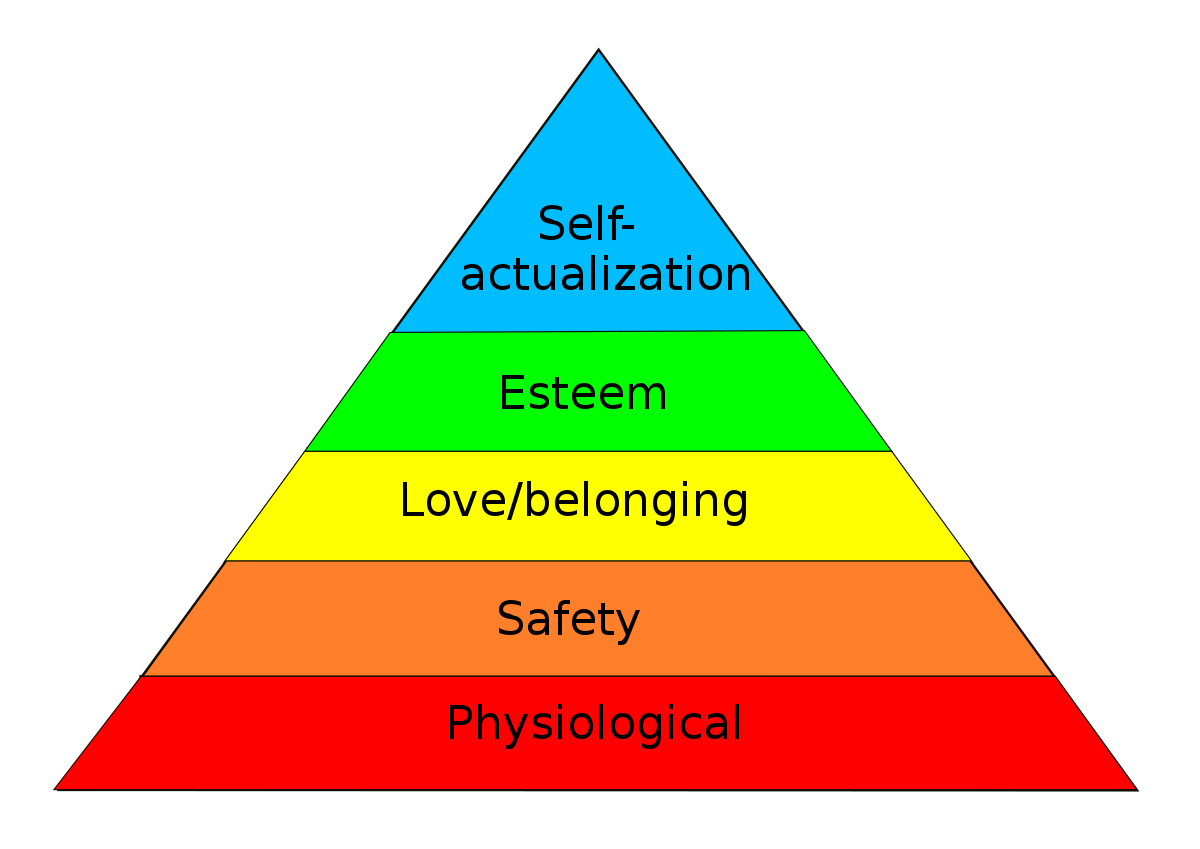I'm writing this extemporaneously, but the shape of my exploration here is to use the McLuhan perspective on media to look at the relationship between the technology of money.
McLuhan stressed that analysis of media shouldn't emphasize the content. In other words, when analyzing television, the printing press, etc., the "content" of the medium (the programs, what is written in books) is not as significant. The real effects come from the medium itself ("The Medium is the Message") that is to say the network (eg. point to point instantaneous communication, mechanical mass distribution of written ideas). The content necessarily follows the medium.
Each medium develops its own content which develops through its own lifecycle. Vaudeville didn't work on television, sitcoms wouldn't work as novels, internet memes wouldn't have worked in magazines, network television of the early 1960s aped newspapers, then begat a galaxy of channels which expanded the network and allowed for a wider spectrum of opinion.
People didn't start "getting angry" on television cable news. The infrastructure changed and demanded a wider spectrum of opinion and forms of expression.
----------
Money Content Channelling McLuhan, the content of money is 'work'. And perhaps the content of work, is motivation. I have never found a more resonant model for motivation than the classic theory proposed by Abraham Maslow in his 1943 paper "A Theory of Human Motivation" in Psychological Review. I learned it decades ago in Psychology 101:
 Money, The Medium
Money, The MediumThe medium of money is the system that makes exchange, counting, accumulation of work possible. So money is an extension of human striving and motivation that is translated into a system that is widely used and trusted. On a basic level, motivation begets work, which begets money.
Human striving and needs are translated into a cold, numeric, socially accepted, translate-able language. The five dollars I earned looking at a spreadsheet for five minutes is traded for my McDonald's coffee, which goes to someone who slaved over a hot griddle for half an hour.
--------
Money TalksA discussion about wealth, prosperity and the historical evolution of these things with respect to money technology, work and our individual and collective motivations could be exhaustive. It may still be interesting and worthwhile. I won't be interested in the political aspects, though, as that to me is almost like a 'content' discussion that ignores the larger forces at play.
For example, the industrial revolution begat great disparity, which begat the left/right divide that we all still fight about today. It is a matter of history that this happened. Globalization, banking, automation brought great change, revolution and then adjustment. Those clashes are interesting and informative in that they led to the more balanced and static world of the later 20th century, which led us to today. But they are also old fights.
If you read Marx, the human side of his argument is a great moral plea for fairness while the economic side is tied, again, to the technology of the day: factories and industry. So arguing right/left economics is what McLuhan called rear-view mirror perspective. Looking too much at the past, and not the present. Arguing right/left morality goes nowhere. Old fights.
It's more interesting to me if we look at aspects of the cultural views on work (work as a curse, the Protestant work ethic) and look at how these old ideas are still with us, or which ones are wearing thin. And how we might bridge to the new money and the new world of work.
And as the technology of money pulls nations and cultures closer, our individual and group goals and values will necessarily clash. We are now more susceptible to economic problems on the other side of the world, for example. But it's too easy to say that we will inevitably end up rationalizing differences, with a few bumps such as isolationism. There is more to consider, and much of interest to talk about.
“Money talks” because money is a metaphor, a transfer, and a bridge. Like words and language, money is a storehouse of communally achieved work, skill, and experience. Money, however, is also a specialist technology like writing; and as writing intensifies the visual aspect of speech and order, and as the clock visually separates time from space, so money separates work from the other social functions. Even today money is a language for translating the work of the farmer into the work of the barber, doctor, engineer, or plumber. As a vast social metaphor, bridge, or translator, money—like writing—speeds up exchange and tightens the bonds of interdependence in any community. It gives great spatial expansion and control to political organizations, just as writing does, or the calendar. – McLuhan "Understanding Media", Ch. 14